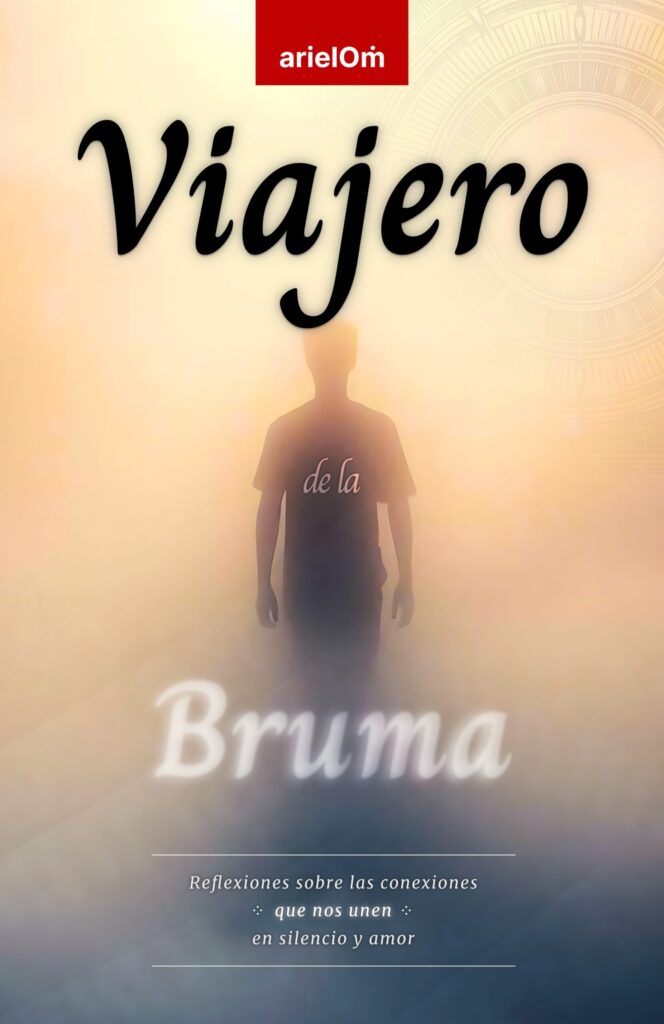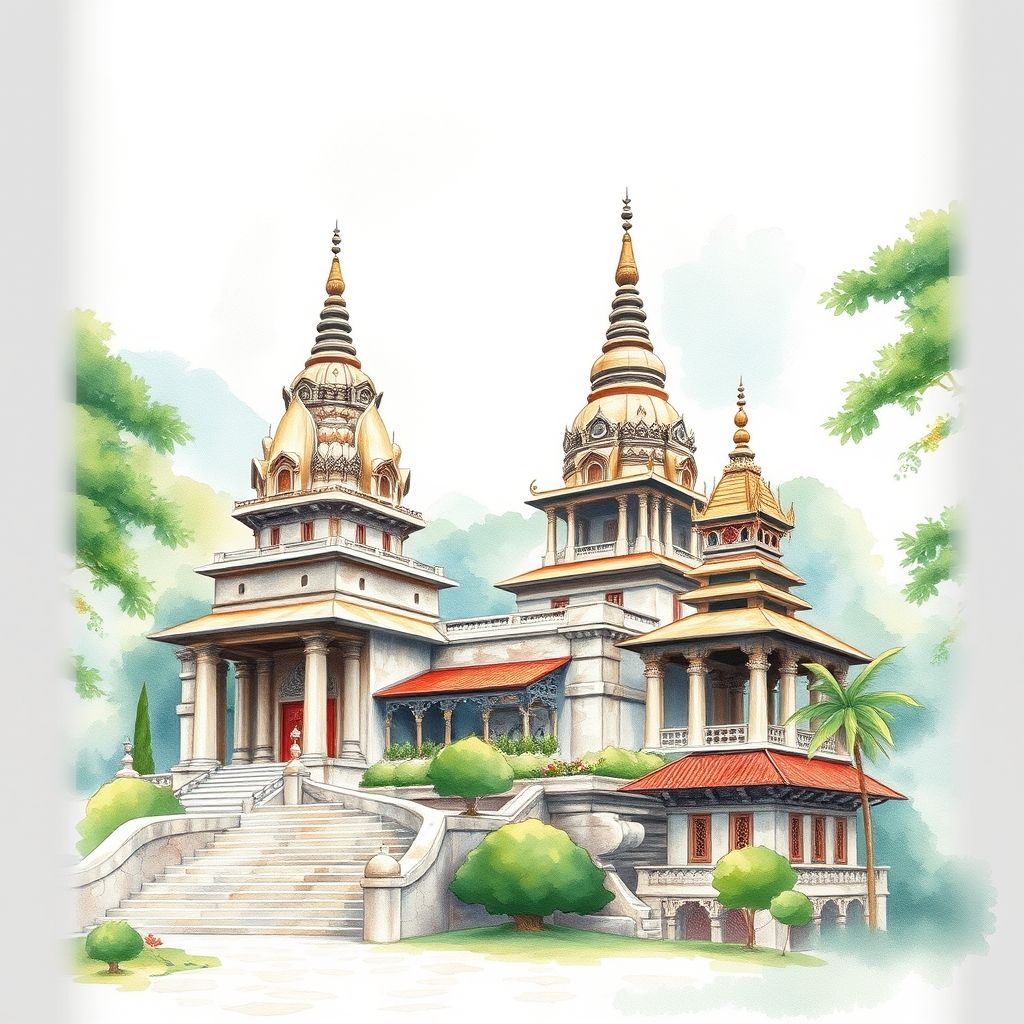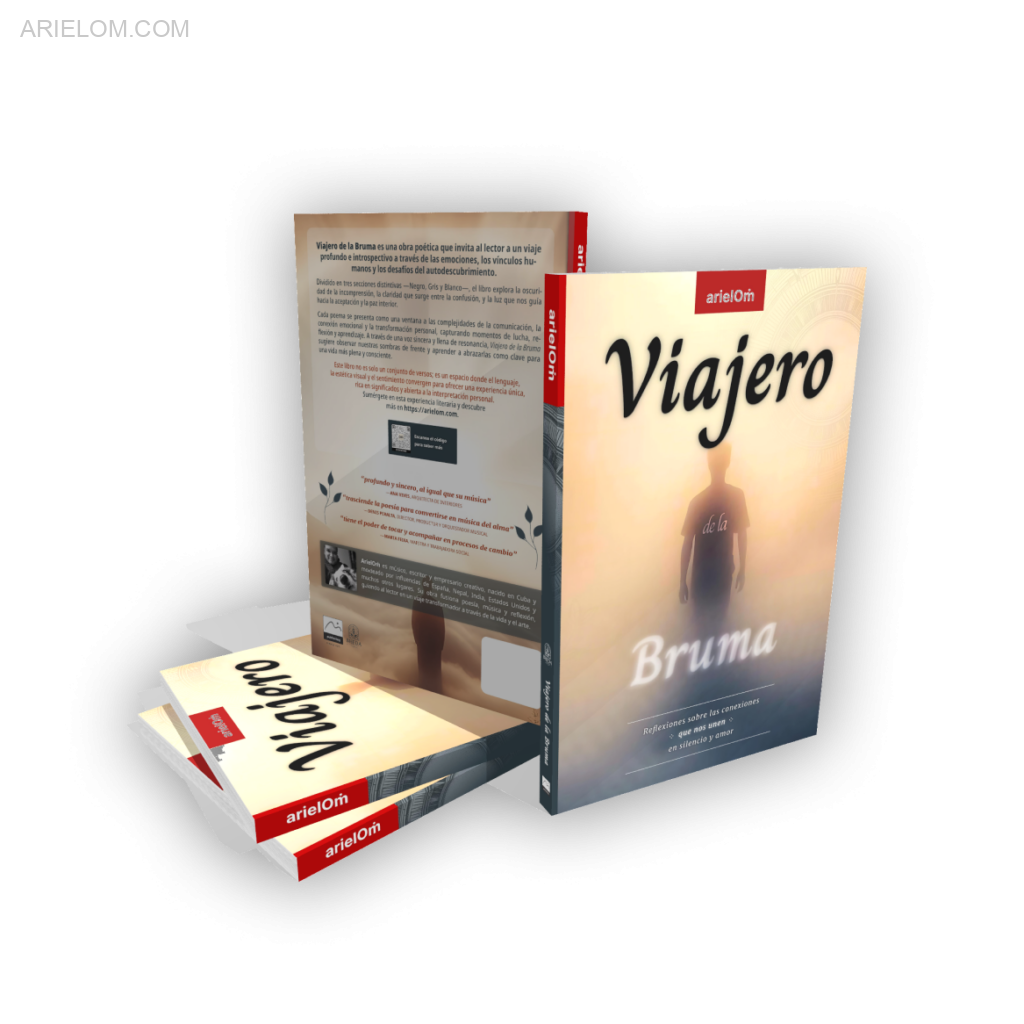The works of literature that explores traditional knowledge serve as a bridge connecting us to a rich cultural heritage. Through the written word, we can engage with the wisdom of indigenous communities, as well as traditional cultures from around the world, celebrating their profound relationships with nature and the narratives that have shaped their identities. This includes the folklore of rural communities, the mythologies of ancient civilizations, and the oral traditions of ethnic groups, all of which offer unique perspectives on the human experience and our place within the natural world.
Learn more at https://www.culturalsurvival.org/
I find it fascinating how poetry, in particular, can illuminate these themes, offering insights that resonate deeply within me. In this post, I want to share seven remarkable pieces of literature that delve into traditional knowledge, showcasing how they highlight the importance of preserving both our cultural legacies and the environment. Each work invites us to reflect on our own connections to the world around us and the stories that define us.

Literature That Explores Traditional Knowledge
Exploring traditional knowledge through literature offers a profound connection to cultural heritage and ecological awareness. This body of work often highlights the wisdom of indigenous and traditional communities, celebrating their relationship with nature and the importance of preserving their cultural narratives.
The work of indigenous authors can be found on websites such as Penguin Random House and HarperCollins. Additionally, organizations like the First Nations Development Institute and the American Indian Library Association provide valuable resources and information on indigenous literature.
Here are seven remarkable pieces of literature that delve into traditional knowledge, particularly through poetry, which can be explored further through online archives like the Poetry Foundation and the Library of Congress.
1. “The Woman Who Fell from the Sky” by Joy Harjo
Joy Harjo, the first Native American Poet Laureate of the United States, presents a collection that intertwines personal and cultural narratives. In “The Woman Who Fell from the Sky,” Harjo explores traditional knowledge in poetry, reflecting on the interconnectedness of life and the environment. Her work emphasizes ecological awareness, urging readers to recognize the sacredness of nature and the importance of preserving indigenous wisdom.
Oh sun, moon, stars, our other relatives peering at us from the inside of god's house walk with us[...]
See “The Woman Who Fell from the Sky” on Joy Harjo’s website.
2. “Braiding Sweetgrass” by Robin Wall Kimmerer
This book is a beautiful blend of indigenous philosophy and scientific knowledge. Kimmerer, a member of the Citizen Potawatomi Nation, uses poetry and prose to convey traditional knowledge about plants and the environment.
There is such tenderness in braiding the hair of someone you love. Kindness and something more flow between the braider and the braided, the two connected by the cord of the plait.
The lyrical quality of her prose makes it a compelling read for anyone interested in ecological awareness. Her writing celebrates indigenous environmental conservation, encouraging readers to appreciate the gifts of nature and the lessons they offer.
3. “The Poetry of Pablo Neruda”
Pablo Neruda’s poetry often reflects a deep connection to the earth and its elements. In works like “Ode to the Sea” and “Ode to the Tomato,” he captures the essence of nature and its significance in human life.
His poetry serves as a reminder of the importance of cultural heritage and the need to preserve our relationship with the environment. Neruda’s ability to evoke emotion through vivid imagery makes his work a powerful exploration of traditional knowledge.
“I need the sea because it teaches me.”
– Pablo Neruda
4. “Coyote and the Sky: How the Sun, Moon, and Stars Began” by Emmett Garcia
This beautiful collection of Native American tales, presented in poetic form, delves into Native American creation stories from various tribes, all presented in a poetic form. Garcia’s work indeed emphasizes traditional knowledge and the rich oral traditions that have been passed down through generations. These tales not only entertain but also impart important lessons about respecting nature and understanding the interconnectedness of all living beings.
5. “The Essential Rumi” translated by Coleman Barks
Rumi’s poetry transcends cultural boundaries, offering insights into the human experience and our relationship with the natural world. His verses often reflect themes of love, nature, and spirituality, making them relevant to discussions of ecological awareness. Rumi’s work encourages readers to embrace the beauty of the world around them, fostering a sense of responsibility for its preservation.
6. “The Heartbeat of Wounded Knee” by David Treuer
In this powerful narrative, Treuer weaves together history, personal stories, and poetry to explore the resilience of Native American culture. He emphasizes the importance of traditional knowledge in poetry, illustrating how indigenous communities continue to thrive despite historical challenges. Treuer’s work serves as a testament to the strength of cultural heritage and the need for its preservation in contemporary society.
7. “Viajero de la Bruma” by arielOṁ
In my book “Viajero de la Bruma,” I invite readers on a profound journey through emotions and human connections. Divided into three sections—Negro, Gris, and Blanco—this poetic work explores the darkness of misunderstanding, the clarity that arises from confusion, and the light that guides us toward acceptance and inner peace. Each poem serves as a window into the complexities of communication and personal transformation, addressing contemporary themes such as mental health and societal relationships.
Through a sincere voice, I aim to not only observe our shadows but to embrace them as part of a fuller, more conscious life. The book intertwines poetry, visual aesthetics, and music, creating a unique sensory experience that resonates beyond the page. This exploration of the human soul aligns with the themes of traditional knowledge and cultural heritage preservation.
Conclusion
The literature that explores traditional knowledge offers invaluable insights into our relationship with the environment and cultural heritage. The works highlighted here not only celebrate indigenous wisdom but also inspire ecological awareness and a deeper understanding of our place in the world. As you explore these prose and poetic treasures, consider how they resonate with your own experiences and the importance of preserving these narratives for future generations.
If you’re interested in a poetic journey that delves into the complexities of human emotions and connections, I invite you to discover my book “Viajero de la Bruma.” It’s a heartfelt exploration that intertwines poetry and music, inviting you to reflect on your own journey of self-discovery.

I invite you to discover my new book “Viajero de la Bruma,” a work that explores themes such as human connection beyond differences, compassion as a bridge between souls, and the search for meaning amidst uncertainty.
Through its pages, I reflect on vulnerability, empathy, and how our experiences shape the spaces we inhabit, both physical and emotional. If these themes resonate with you, I encourage you to immerse yourself in this poetic journey.
I hope you find a spark of inspiration in it!









